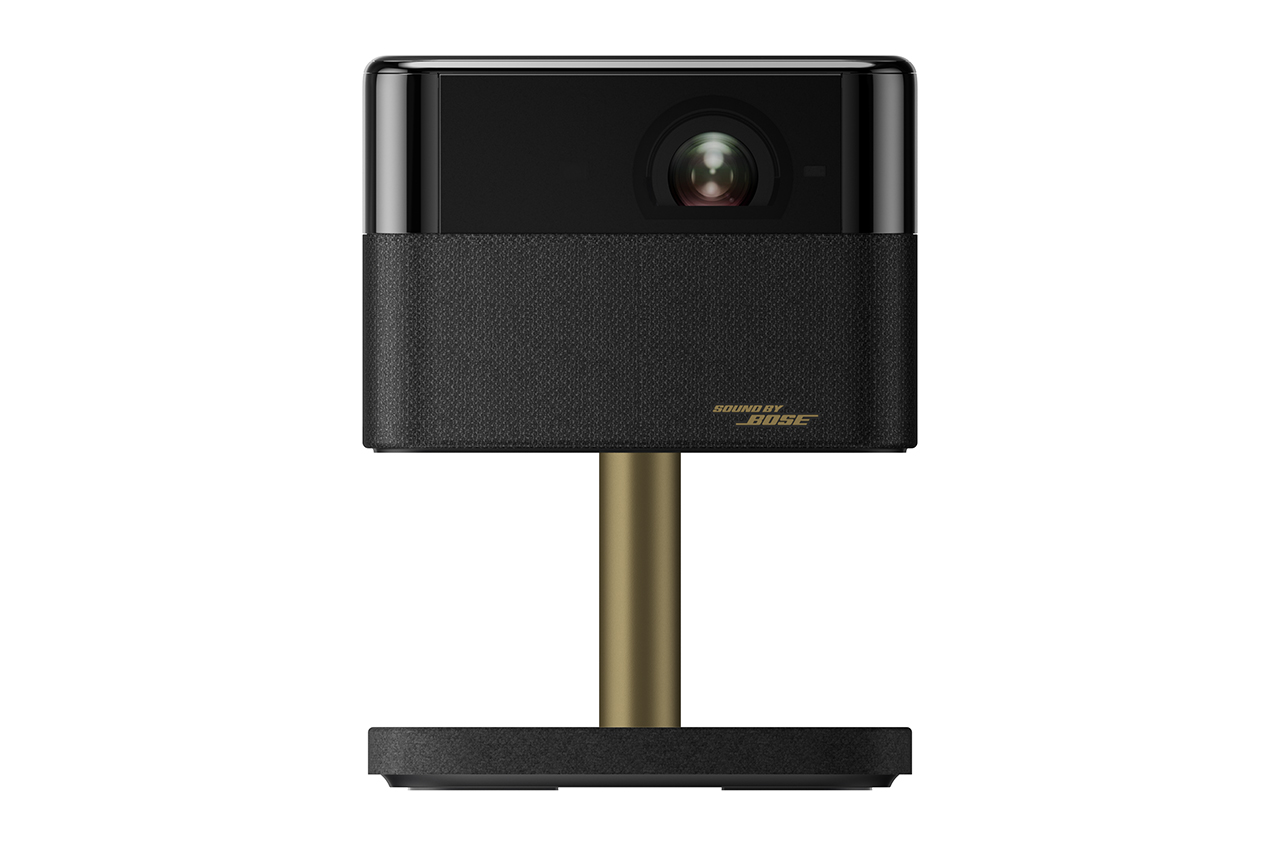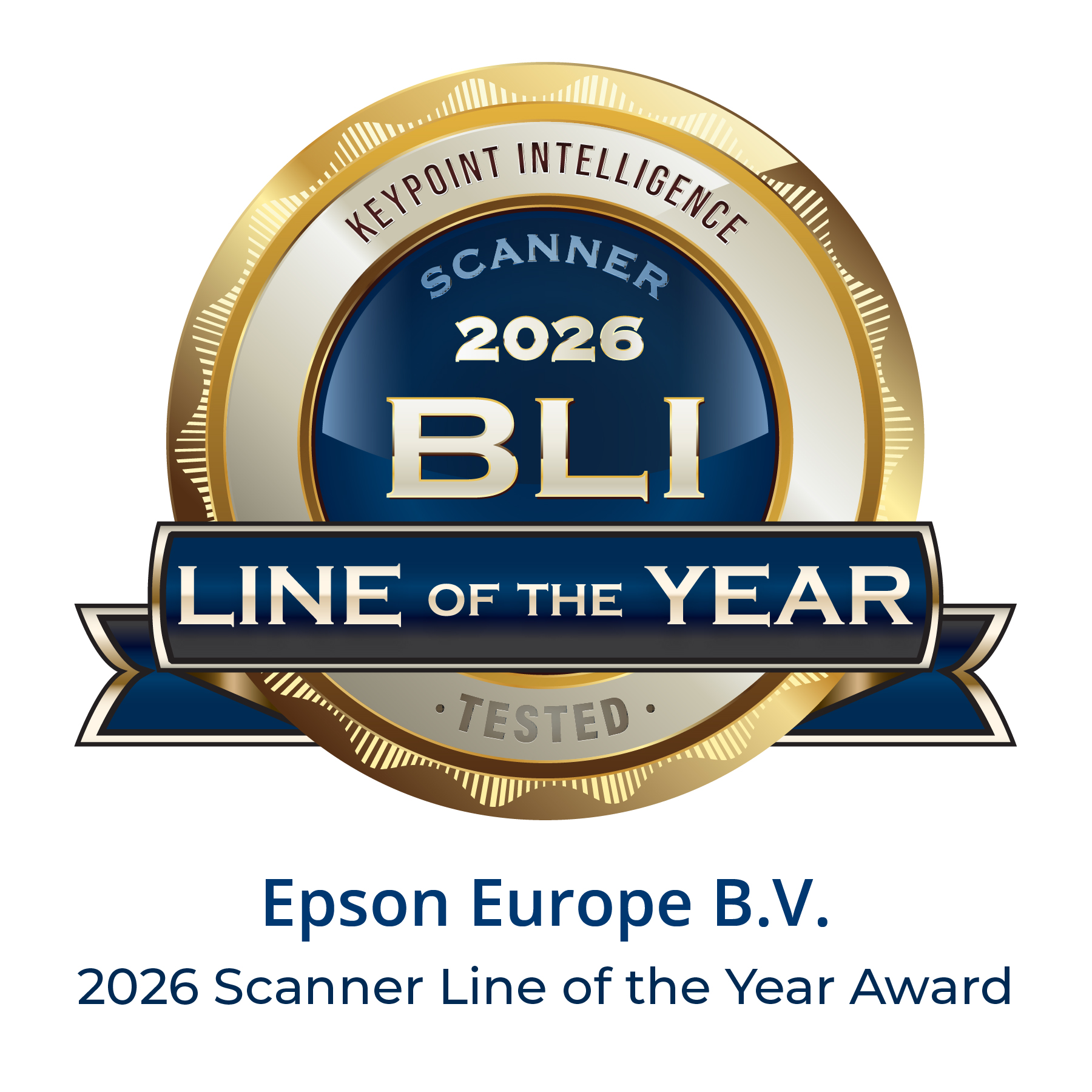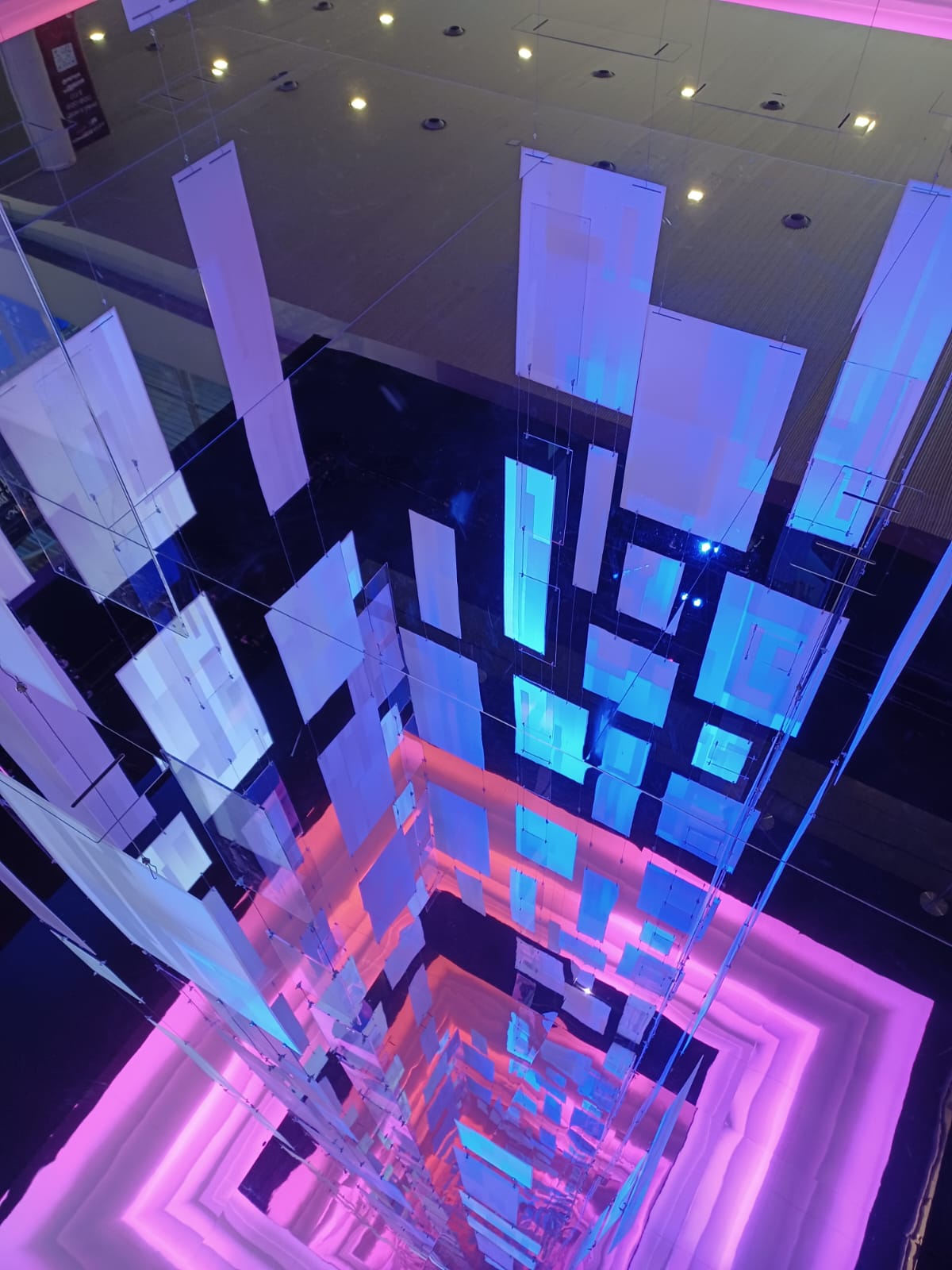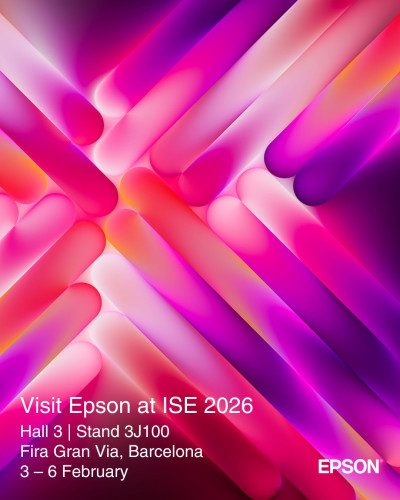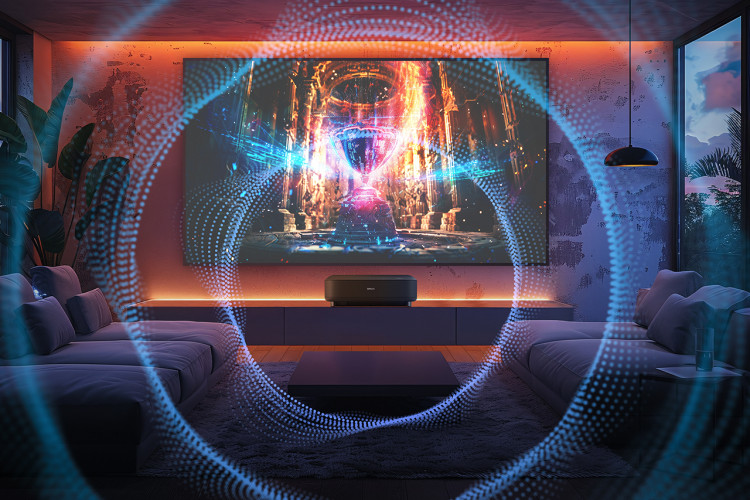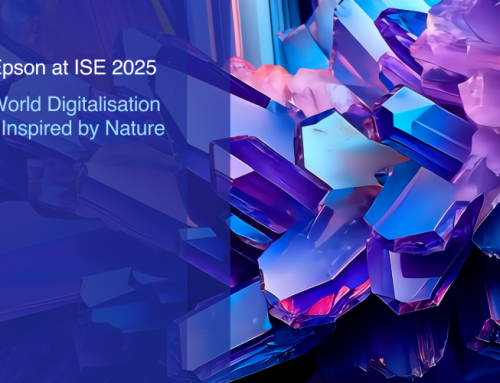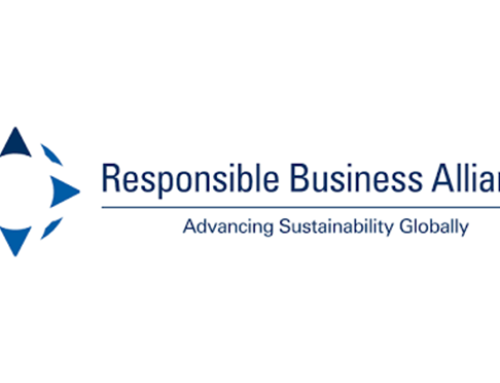Half of IT decision makers still think laser printers are more sustainable than inkjets
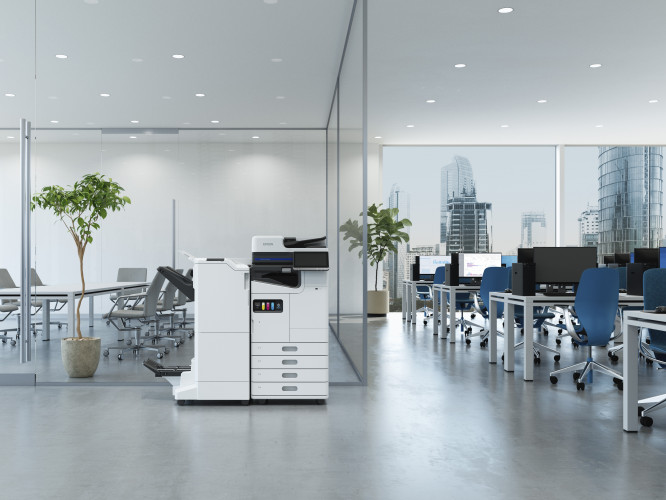
New data shows there is a common and potentially costly misconception among IT decision makers about which printing technology is more sustainable: laser or inkjet.
In a survey carried out by analyst firm Quocirca, 47 per cent of respondents across the UK, US, France and Germany believed laser printers are the more sustainable choice in terms of energy efficiency, environmental impact, consumables and total cost of ownership 1.
Those at larger businesses with more than 1,000 employees were more likely to hold the misconception compared to their counterparts at smaller firms. An astonishing 57 per cent suggested laser technology was more sustainable compared to 21 per cent saying inkjet.
Karl Angove, Epson Europe, said: “At a time when electricity costs are high, power use is rising and global warming is a critical challenge, misconceptions about printing technology can cost organisations dearly. Both in terms of energy bills and increased CO 2emissions.
“Given more respondents at larger businesses incorrectly believe laser printers are more sustainable than inkjets, they could be wasting significant amounts of power and money, and adding unnecessarily to emissions. These organisations can have hundreds of printers. Such a misconception and a poor choice in printing technology could have a real impact.”
Epson Heat-Free inkjet printers use no heat in the printing process, and no heat means less energy consumed, reducing use cost and CO 2emissions 2. Heat-free inkjets also have no warm-up time when switched on or woken from sleep, resulting in faster first-page-out speeds and improved user productivity.
Typically Heat-Free inkjets also have fewer consumable parts than laser printers. This reduces the amount of intervention required and reduces downtime 3.
Epson previously announced it will end its global sale and distribution of laser printers by 2025, citing the technology’s limited ability to make meaningful advances in sustainability for the decision.
Angove continues: “Epson’s decision to leave the laser market was inevitable. As a company we’ve committed to sustainable innovation and action, and laser printers don’t fit within that. They typically use more energy than inkjets and have more consumable parts. This is simply the result of how the technology works – by heating and fusing toner to a page. This technology is therefore limited in how far its suitability improvements can go.
“Our printing business will instead focus 100% on piezo Heat-Free inkjet, leveraging our propriety technology to deliver efficient, sustainable print solutions for our partners and end users.”

